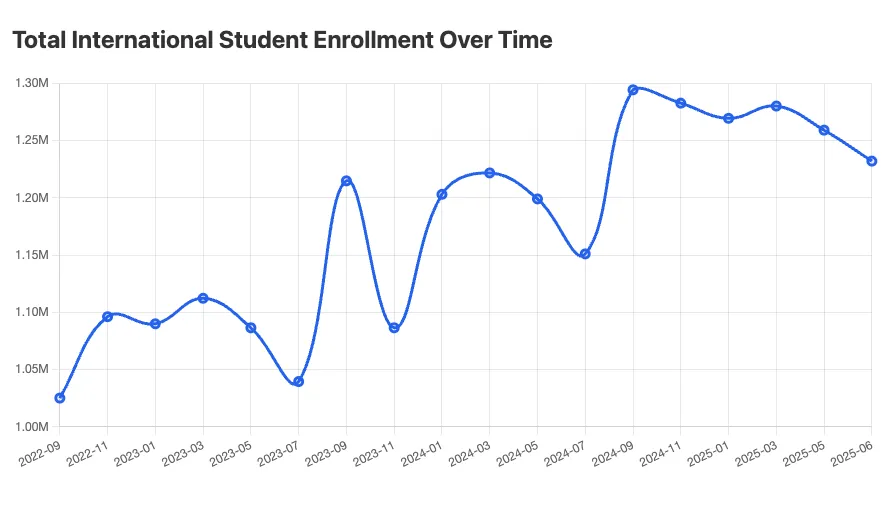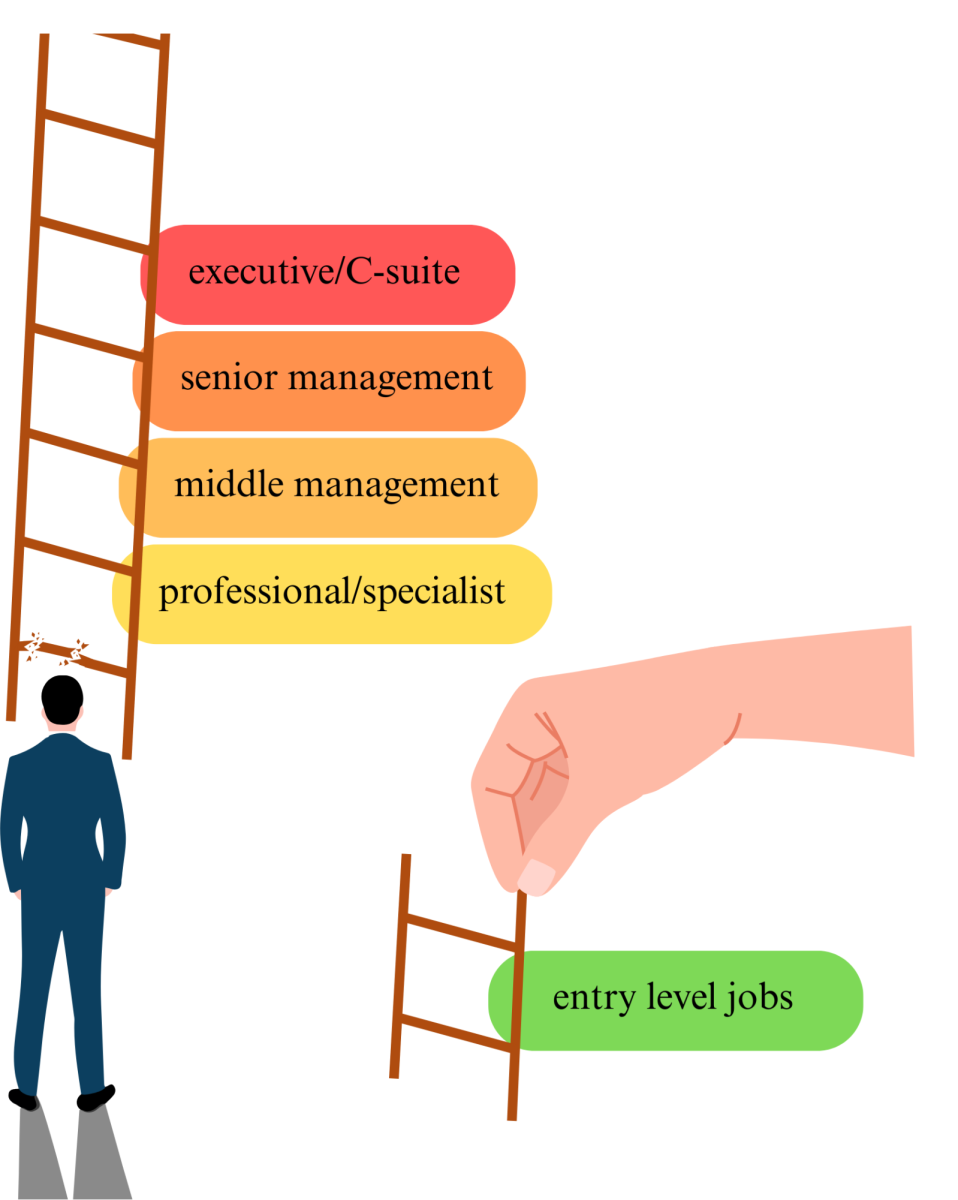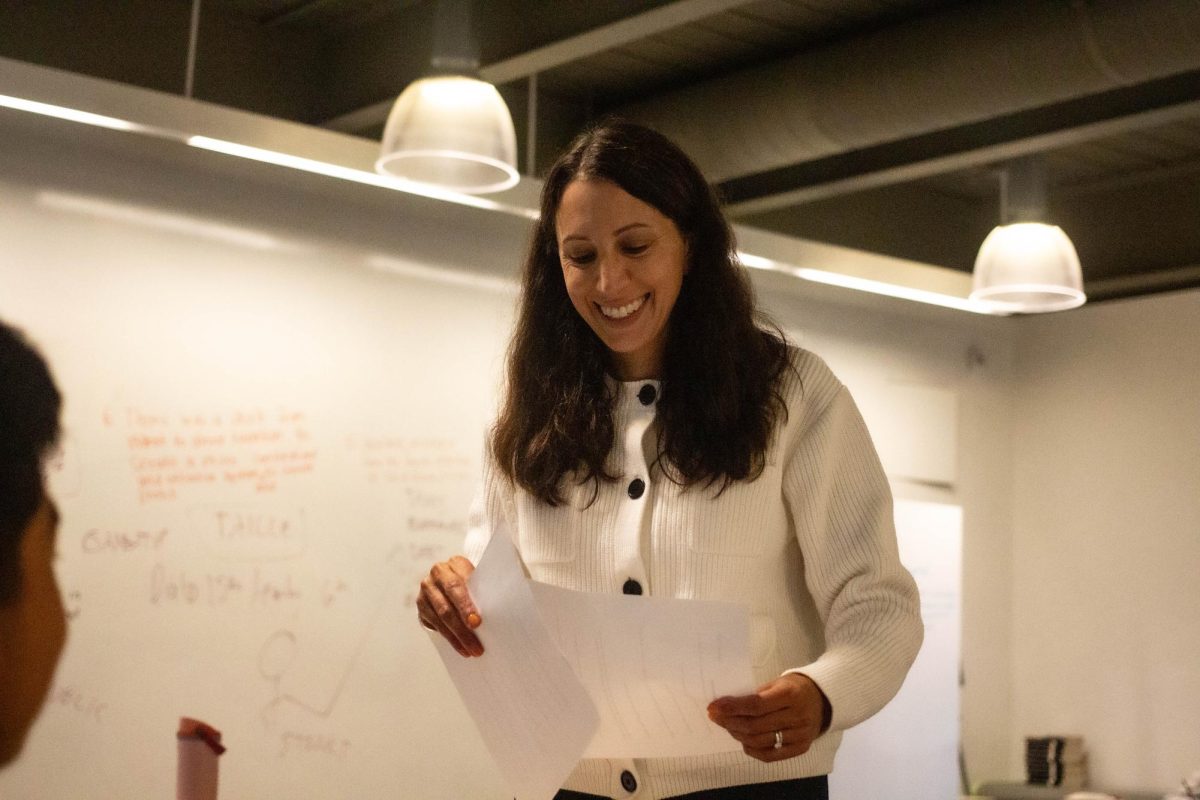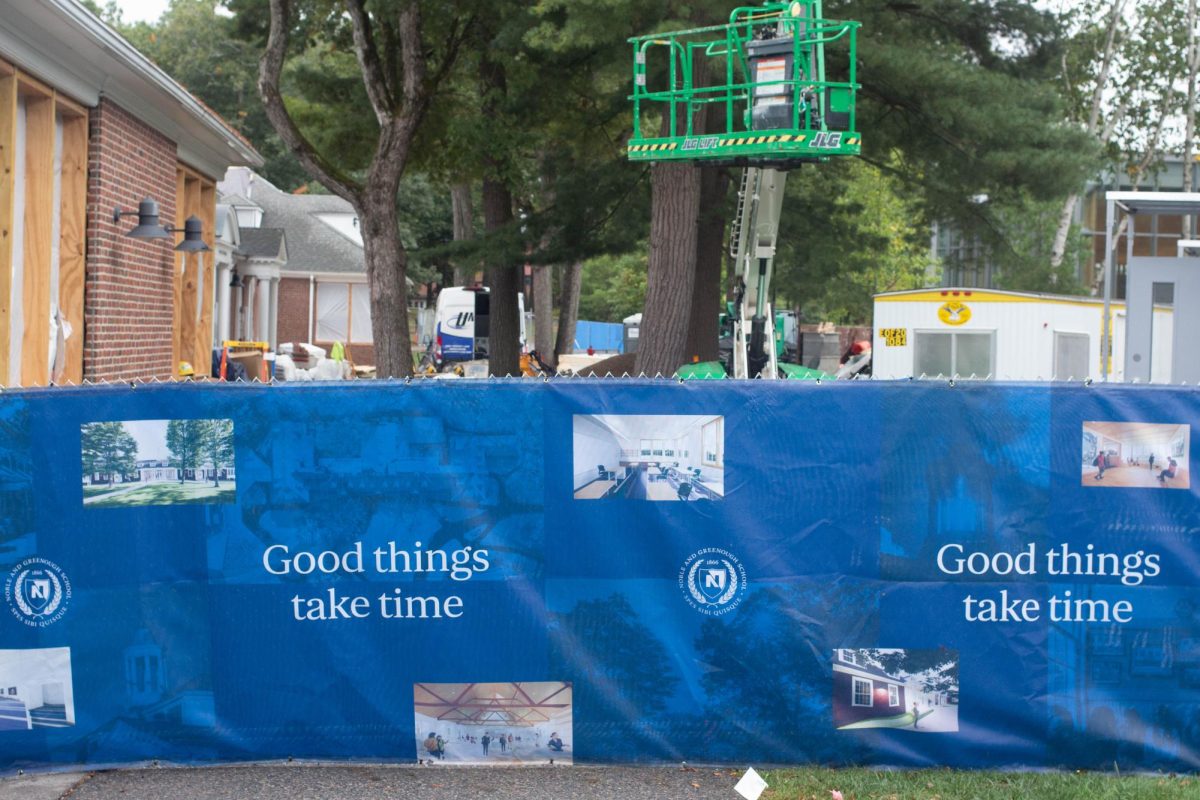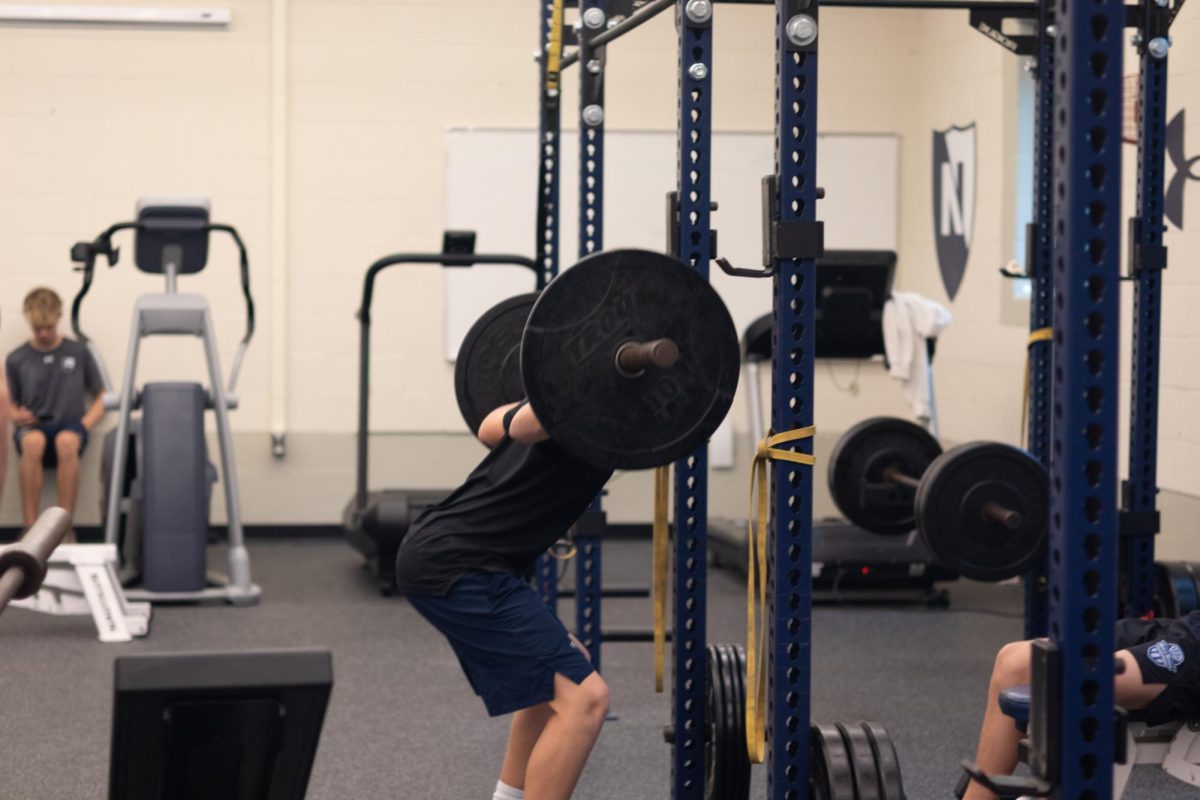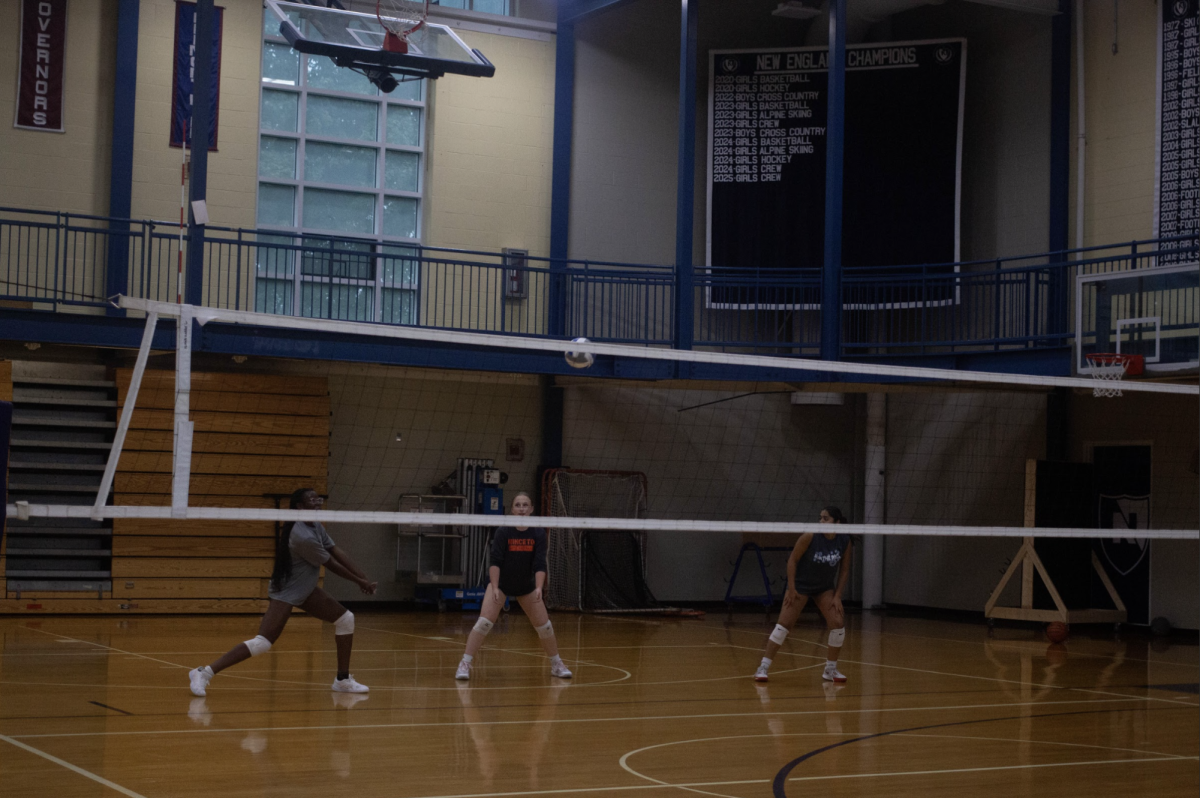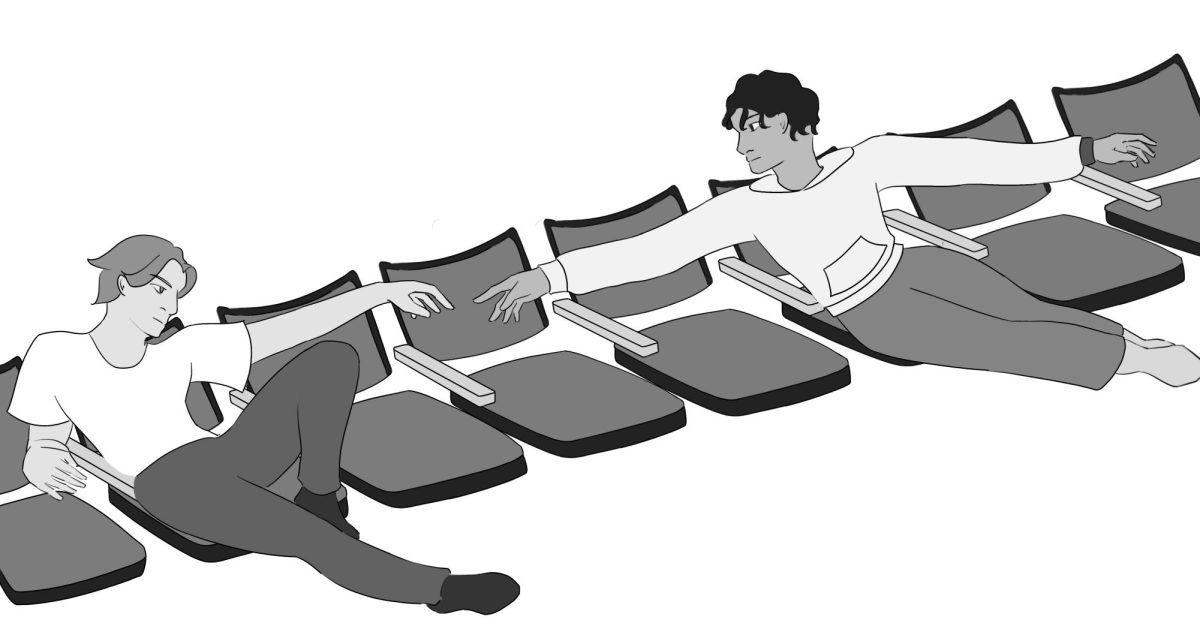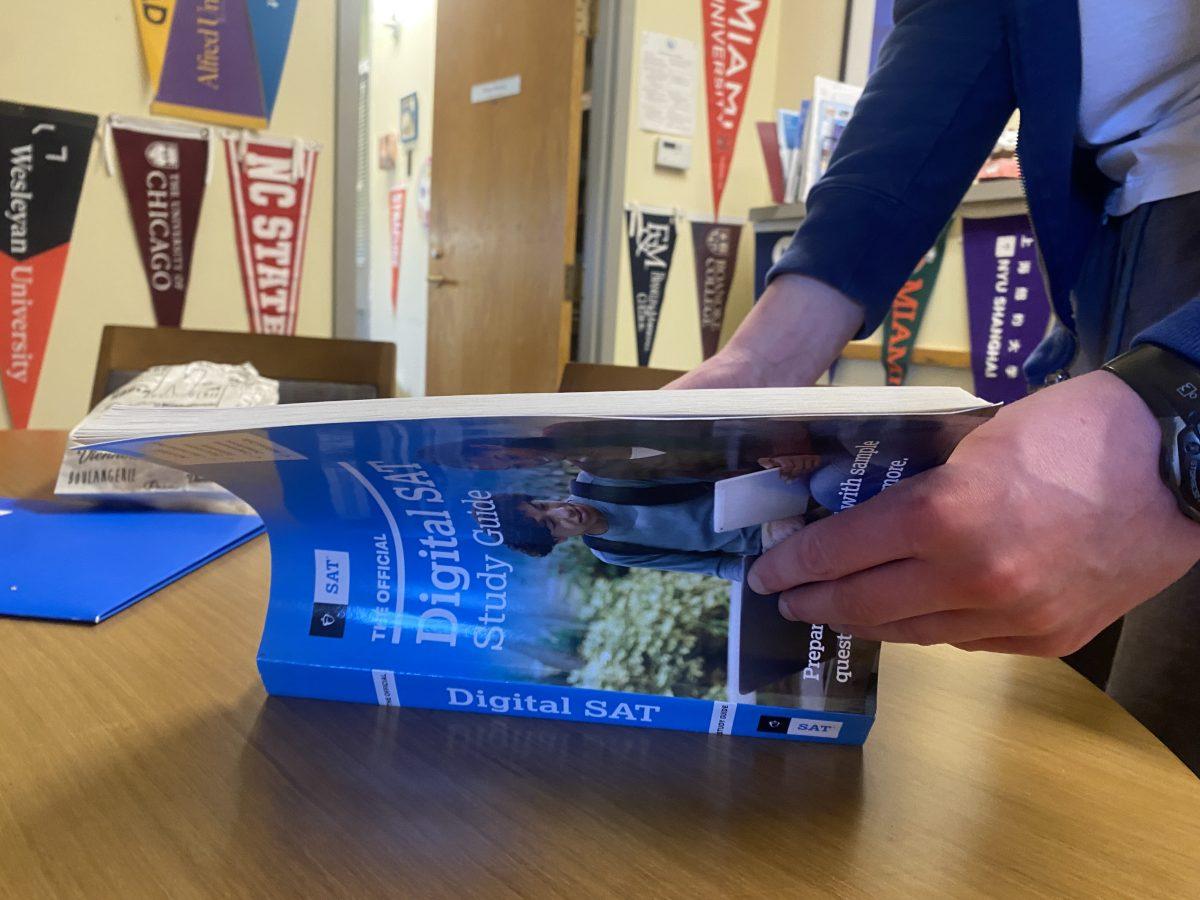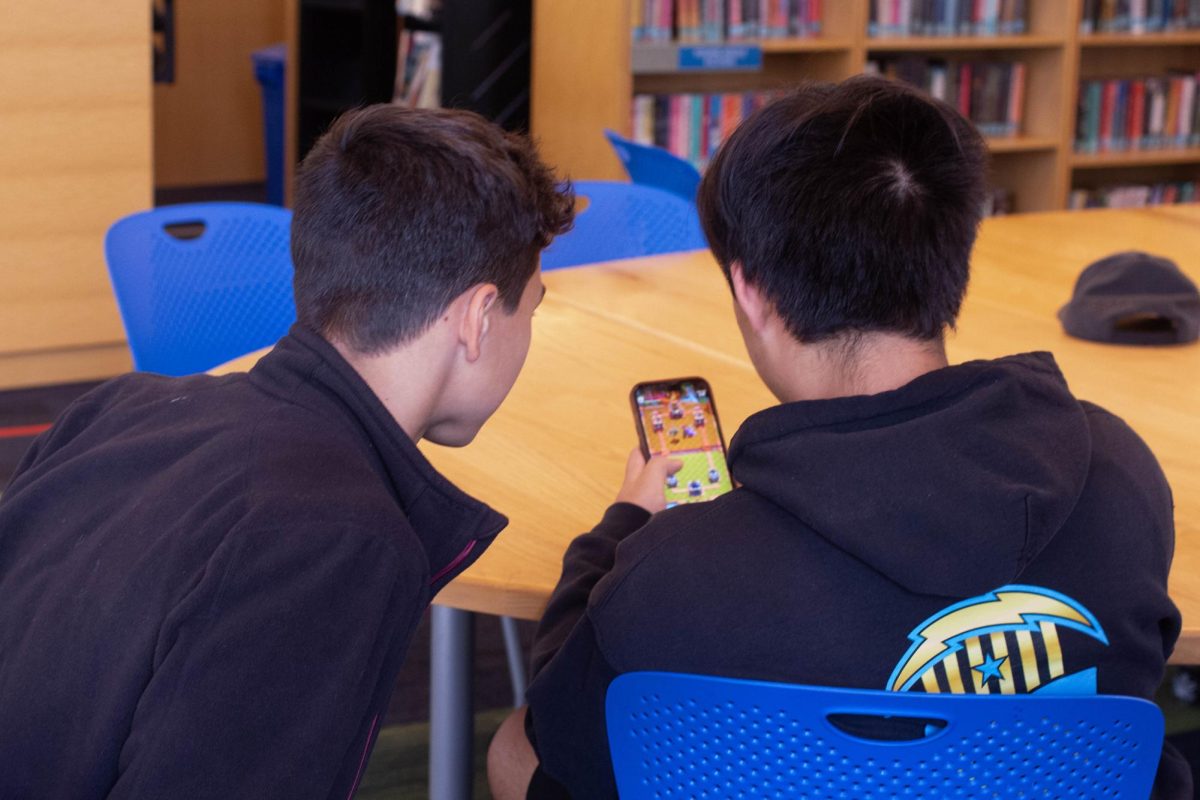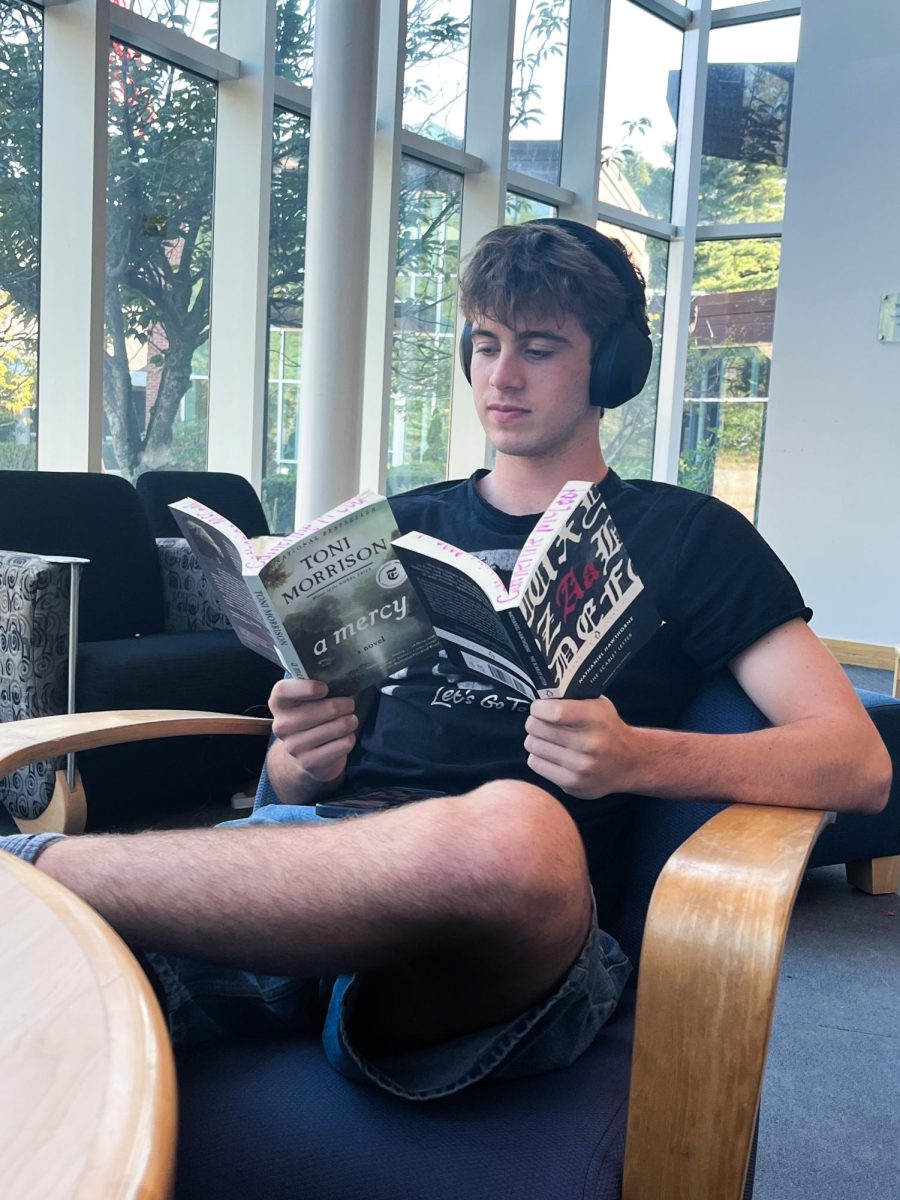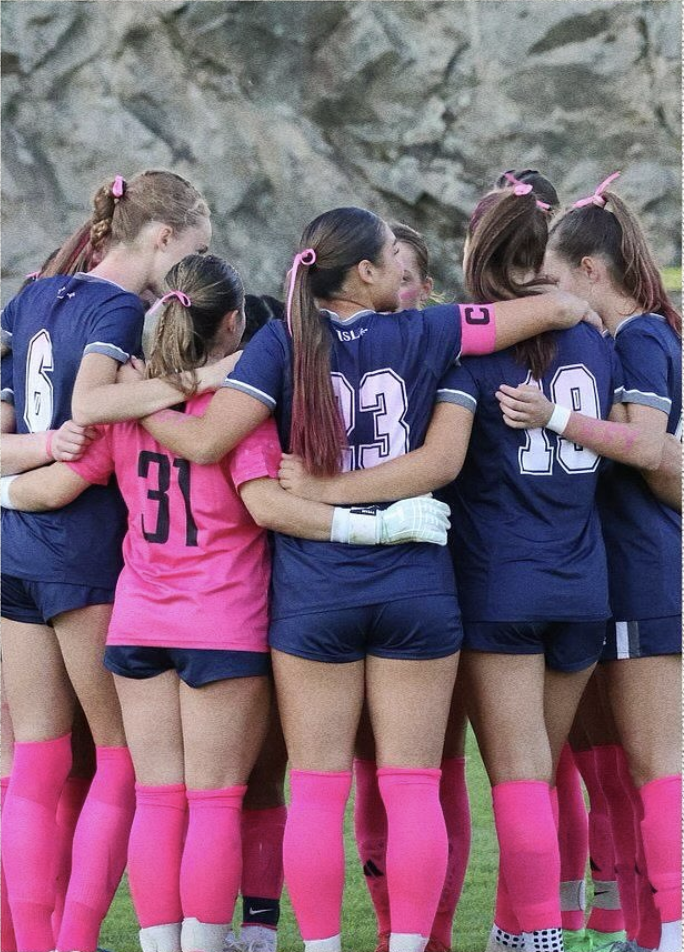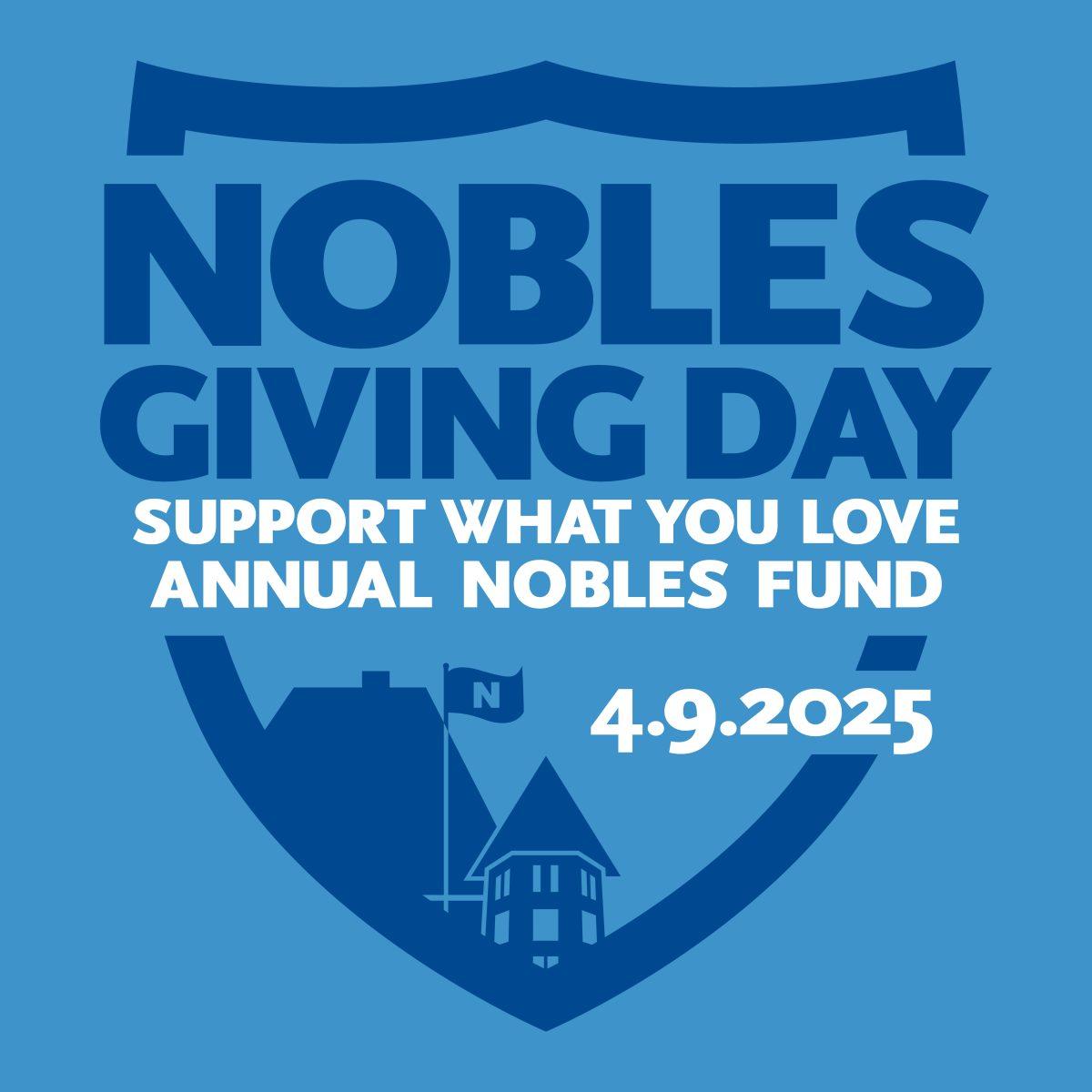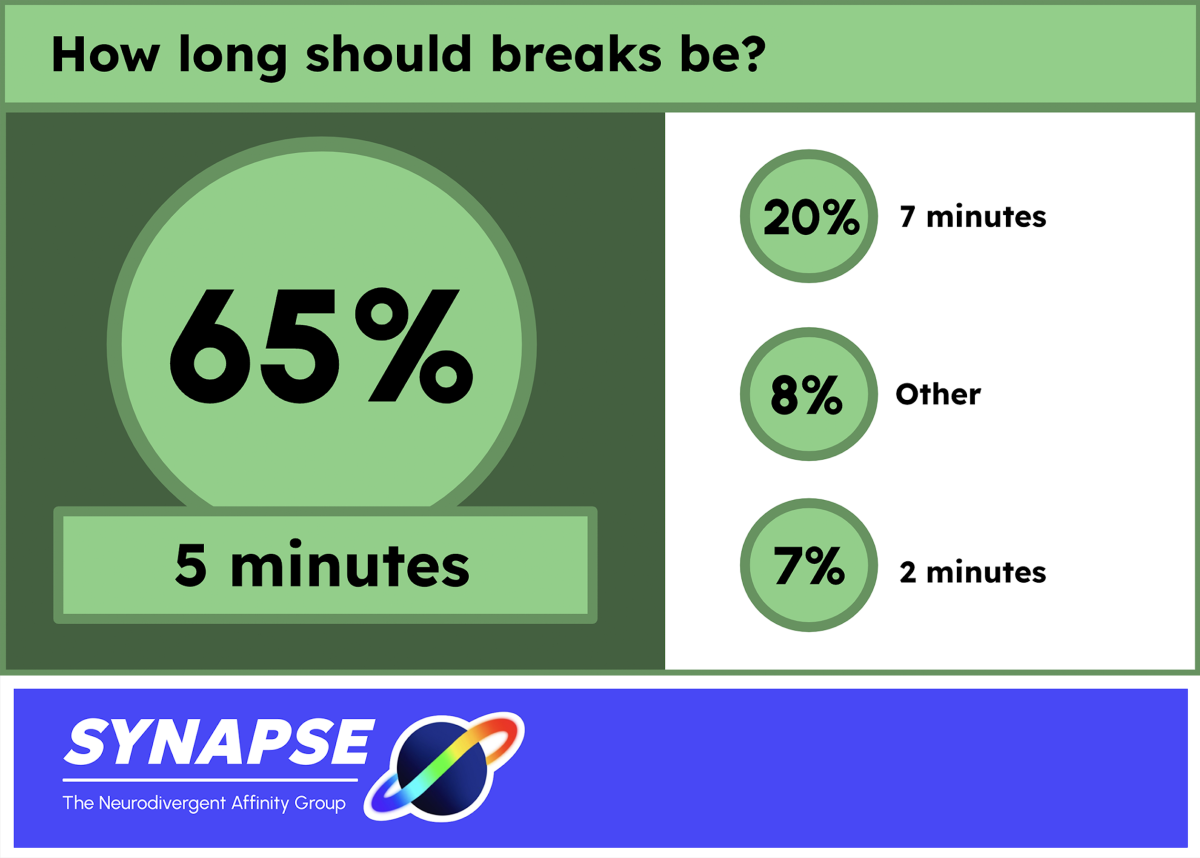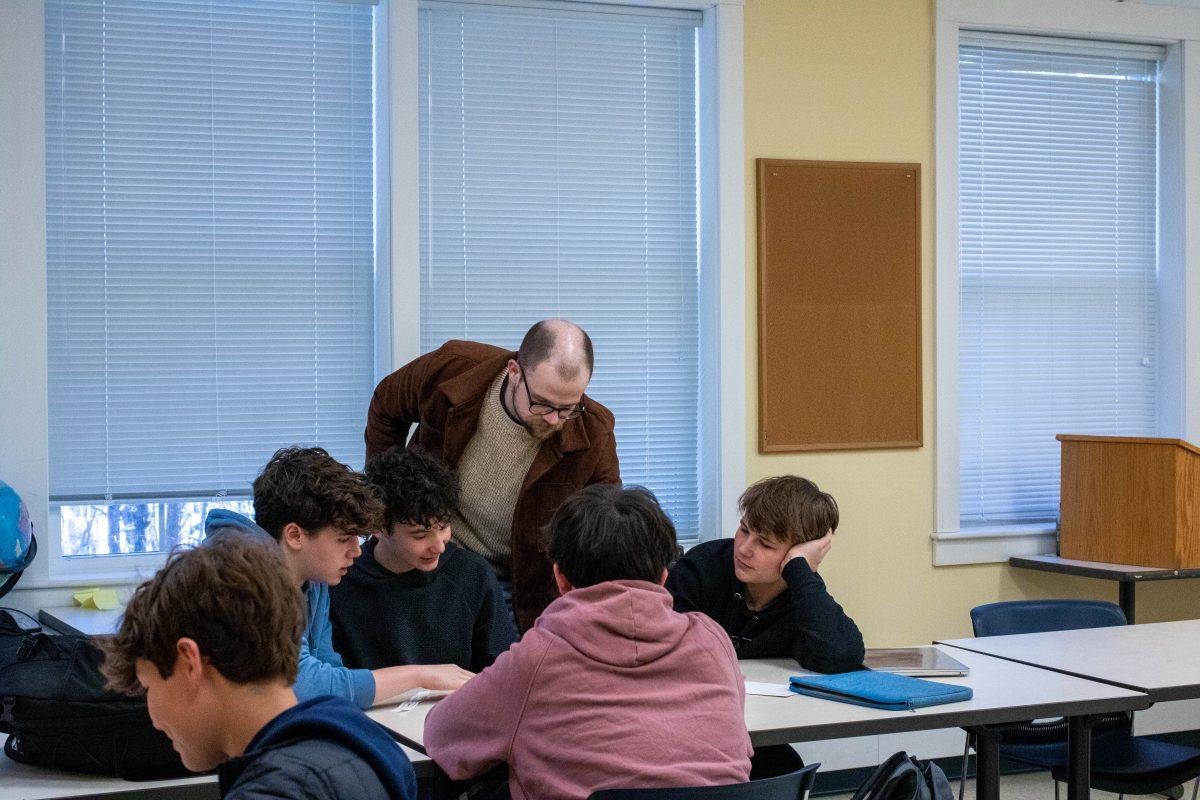When I first set out to earn my pilot’s license, I honestly did not foresee the abundance of information that I would spend the next year committing to memory. Even as the gargantuan task became clear to me, I assumed that due to my background in an environment as academically rigorous as Nobles, the “book” portion of my training would fly by with ease. However, when this stage of my training began, my instructor just dropped three textbooks on the desk and told me to simply read each one, memorize all of the information, and pass the final multiple-choice exam. While this sounds like a relatively straightforward task, it dawned on me that I had never taken this approach to studying, and for the first time, I had encountered an academic skill that Nobles had not uniquely prepared me for. If the test evaluated applications of the material or included free-response questions to show a deeper understanding, I would have been right in my wheelhouse, but this was pure rote memorization. Tests like these are commonplace in the world beyond Nobles, and it is time that we are adequately prepared to succeed on them.
Before criticizing the approach taken to evaluation in our classrooms, it is vital to understand the reasoning behind the different approaches taken to assess the skill and understanding of Nobles students. For decades, education was dominated by forms of assessment that required students to regurgitate information, such as names and dates, in an attempt to evaluate their knowledge on a specific subject. However, these practices have been proven time and time again to produce ineffective learning environments where information is soon forgotten and true understanding is not valued. By shifting away from this model, and creating tests and assessments that challenge students to apply their knowledge and explain their work, true understanding is more easily evaluated, while skills and information are instilled far deeper in students and are remembered for longer. With these clear benefits, it makes sense why these forms of assessment rightfully dominate Nobles curricula.
That being said, in addition to ensuring that we have learned, understood, and will remember the subject matter of our courses, Nobles also has a responsibility to instill the skills that will prove beneficial for our success throughout our lives. While the prevalent forms of testing at Nobles certainly do ensure our understanding, they frankly do not adequately prepare students for the real world. Numerous career paths will demand licensing and certification exams, which will not provide opportunities for extra credit by showing your work, or demand paragraphs of explanation and reasoning where you can pad your answer with other information. Like I experienced on my written aviation exam, they will simply require you to know the information exactly as it was presented to you in the textbook, nothing more.
Obviously, given their various downsides, these more memorization-based forms of assessment should not dominate Nobles classes, but they should be administered often enough to instill the necessary test-taking skills amongst the student body. To be most effective, these assessments should also cover large swaths of material in one sitting. Small unit tests and quizzes are great for a teacher to gauge the progress of a class, but in order to model their real-world counterparts, these larger assessments should include information from across a semester or year to adequately prepare students. Finally, they must be consequential, reflecting the gravity of their real-world counterparts; these assessments must carry significant weight and importance. Our current final exams, the only cumulative assessment given in most classes, rarely have a major impact on grades, with many students never even receiving their grades on these exams, reducing the importance and impact of these final assessments.
The current system of evaluation at Nobles is extremely intentional and does an excellent job of deepening understanding and increasing information retention. A handful of cumulative and consequential memorization-based assessments would only add to this model by instilling vital studying and test-taking skills that will benefit us all as we set out into the world beyond Nobles.

